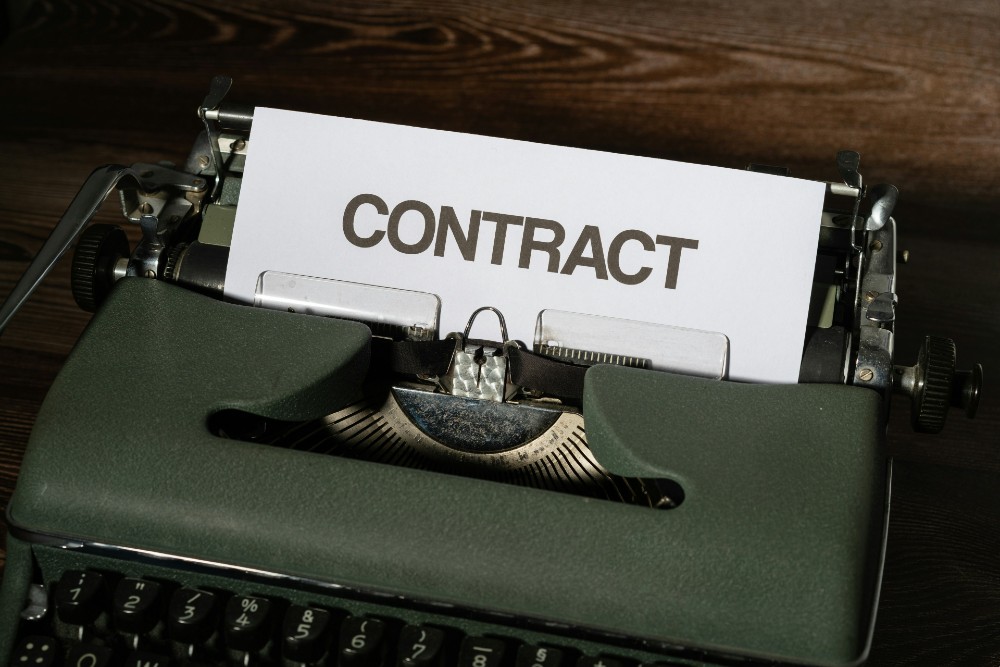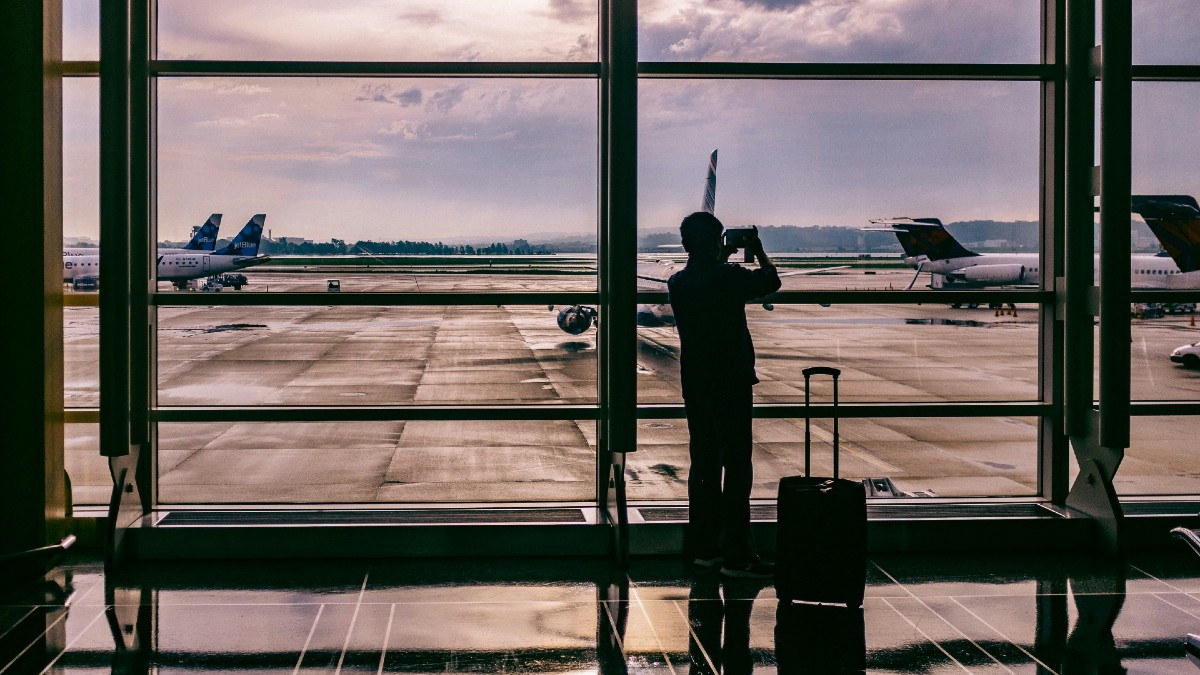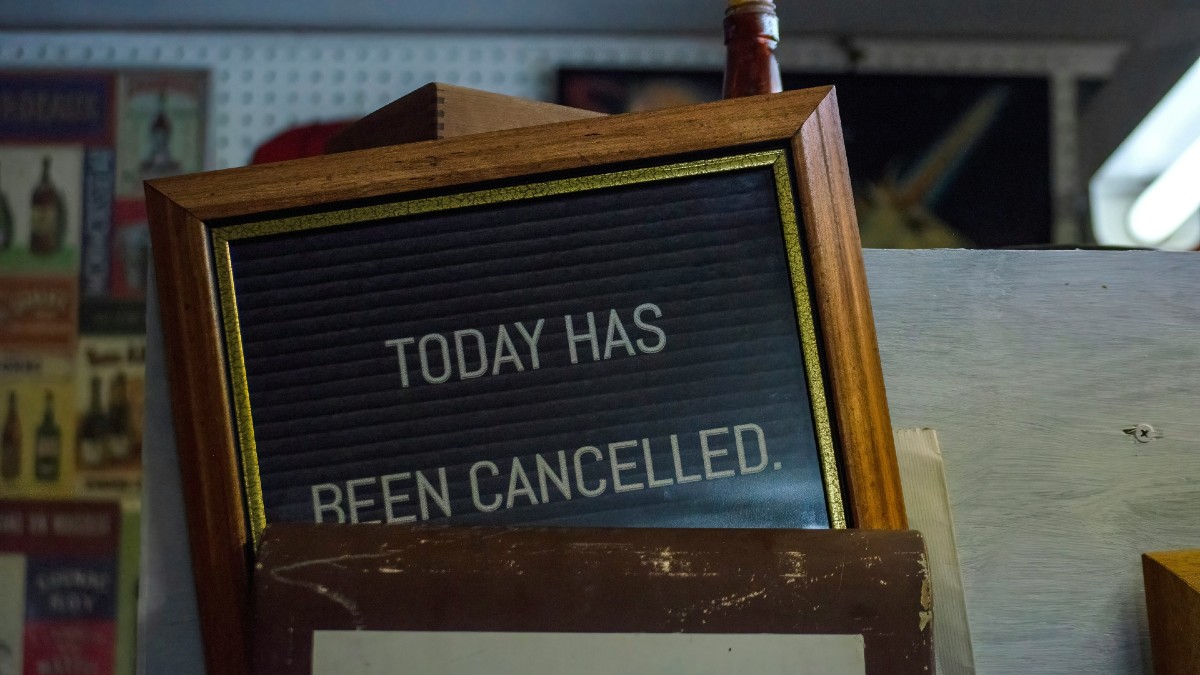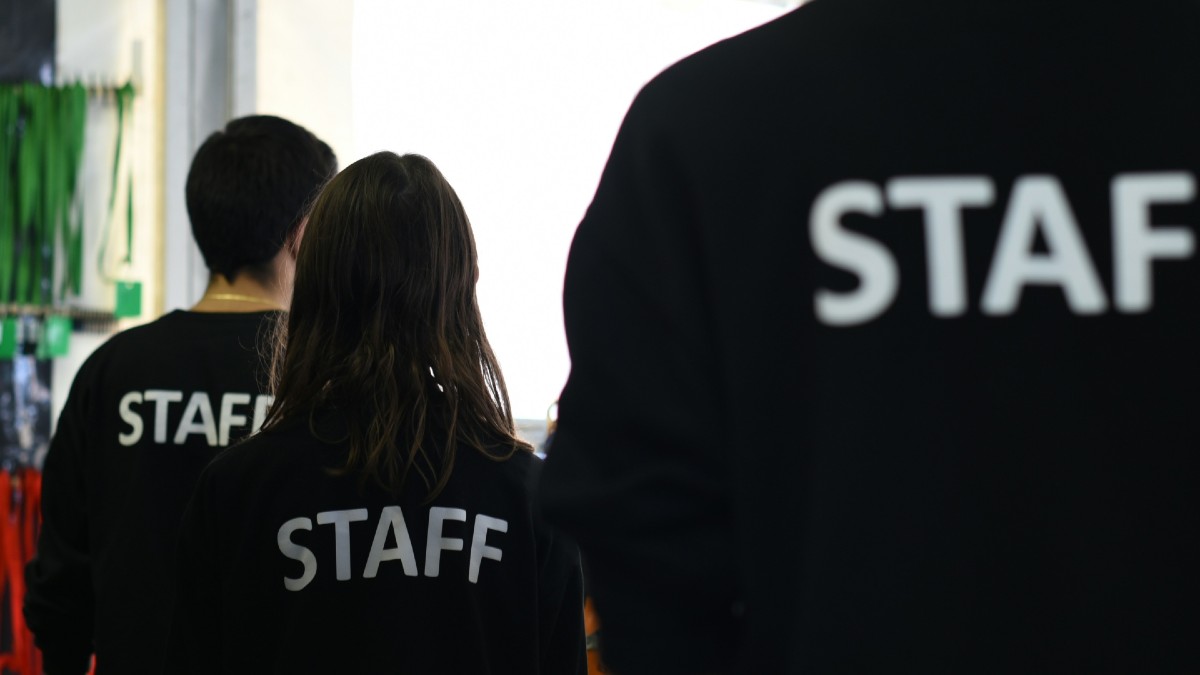
Written by: Cara Tirona
November 26, 2025
You've finalised your venue, picked a caterer, and set the guest list—but somehow, your budget is already stretched. Sound familiar? Hidden event costs can sneak up on even the most seasoned planners, turning a well-organised celebration into a financial surprise. This guide explores the most commonly overlooked expenses and how to keep your budget on track from start to finish.

Service Charges and Gratuities
Many venues and vendors add service charges that can amount to a significant percentage of the total bill. Additionally, gratuities for catering staff, bartenders, or delivery personnel may not be included in your initial quote and could range from 15-20%.
The key to avoiding surprise service charges lies in early communication and clear contracts. Here are some steps you can take:
- Ask Upfront: When discussing pricing with venues or vendors, explicitly ask if service charges or gratuities are included. Request a detailed breakdown of all costs.
- Review Contracts: Read through all contracts carefully. Any additional fees or charges should be clearly outlined. If they’re not, ask for clarification.
- Negotiate Where Possible: Some vendors may be willing to negotiate service charges or include them in the base price if you discuss this before signing any agreements.
- Budget Accordingly: Even if gratuities are not included in initial quotes, set aside a portion of your budget to cover these costs. Having a buffer for unexpected fees can prevent unwelcome surprises later.
Taxes
Always double-check whether quoted prices include taxes. Event-related taxes can be substantial, particularly in urban areas, and overlooking them can leave a gap in your budget.
Overtime Fees
If your event runs longer than expected, you could be charged overtime fees by the venue, staff, and entertainment providers. Make sure to clarify the costs associated with going beyond the scheduled time.
Pro Tip: Always ask for staffing cost breakdowns and what happens if your event runs late.
Many venues have strict time limits and, when exceeded, invite substantially higher costs. To avoid these surprise charges:
Ask for Overtime Rates Early: Before signing any contracts, inquire about the overtime rates. Knowing these rates in advance allows you to plan your event timeline more effectively and decide whether an extended event is worth the additional cost.
Set a Realistic Timeline: Create a schedule that allows ample time for each segment of your event, including buffer time for unexpected delays. This might entail starting earlier in the day to ensure everything concludes on time.
Negotiate in Advance: Some venues may be willing to offer fixed overtime fees if discussed ahead of time, providing you with clearer financial expectations.
Setup and Teardown Costs
Some venues and suppliers charge extra for setting up and breaking down equipment or decor. Discuss these details early to avoid unexpected expenses.
Questions to Ask:
- Are setup/pack-down times included in my booking? This is probably the most straightforward question, yet it often gets overlooked. Ensure that you understand whether your rental fees cover both setup and teardown, or if these services incur additional charges.
- Is cleaning included or billed separately? If not included in the initial quote, request a breakdown of costs specifically related to setup and teardown. Knowing the exact fee structure will help you allocate your budget more accurately.
- Are There Additional Fees for Early or Late Access? Sometimes, accessing the venue before or after certain hours can result in higher fees. Clarifying these details allows for better planning, especially if you need extra time for elaborate decorations or equipment installations.
- Do You Offer Assistance with Decor Setup? Some venues may provide staff to assist with the setup of decor, but at an extra cost. Find out if this service is available, whether it's necessary for your event, and how much it would cost.
Transportation and Delivery Fees
Costs for transporting decor, equipment, or guests often rise due to fuel surcharges or geographic distance. Make sure to account for these potential expenses in your budget.
When planning an event, it's crucial not to underestimate the effect transportation and delivery fees can have on your overall budget. These costs can quickly escalate, especially if your venue is located in a remote area or if your event involves transporting large or multiple items.
AV and Tech Rental Charges
Microphones, projectors, and screens are often charged separately, and add up quickly. It's crucial to have a clear understanding of what AV equipment you will need and what is provided by the venue. Often, venues may include basic equipment in their packages, but additional needs, such as specialised lighting or advanced sound systems, might come with extra fees.
What to Watch:
- Hidden tech support charges
- Fees for using third-party AV vendors

Corkage and Cakeage Fees
These fees apply when you bring your own alcohol or cake. They’re easy to miss unless asked about upfront.
To avoid unexpected surprises, it is essential to inquire about corkage and cakeage fees during the early stages of your event planning. Here are some key points to consider:
Understand the Venue's Policies: Each venue will have its own policy regarding outside food and beverages. Some may have strict regulations that prohibit outside items altogether, while others may impose additional fees to manage the service of these items. Understanding the venue's policies will help you make informed decisions and potentially negotiate terms that sit well with your budget.
Inquire About Service Inclusions: Check if the corkage fee includes services such as glassware, setup, chilling, serving, and cleanup of the alcohol you bring in. Similarly, with cakeage fees, ascertain whether the cost includes cutting, plating, and serving, which can be valuable if you are hosting a large gathering.
Compare Costs: Sometimes, venues that charge corkage and cakeage fees might still be more cost-effective than purchasing their offerings. However, always compare the total expenses to see which option best aligns with your financial plan. For instance, bringing in a custom-designed cake may warrant the cakeage fee if it holds significant meaning for your event.
Bulk Discount Opportunities: If you plan on bringing a large volume of food or alcohol, some venues might be open to negotiating better rates. Discuss the possibility of bulk discounts with venue managers or catering services to see if they can offer reduced corkage and cakeage fees.
Furniture and Equipment Hire
When planning an event, the logistics of furniture and equipment can be challenging, particularly if the venue does not supply necessary items. Not all venues provide tables, chairs, or staging. You may have to hire these separately. Here’s what you need to know:
Essential Considerations:
- Inventory Check: Before finalising a venue contract, confirm what furniture and equipment are included. Venues that offer basic essentials such as tables, chairs, and linens can significantly reduce external rental costs.
- Quality and Condition: Evaluate the quality and condition of any provided items. Even if furniture is included, it might not meet your aesthetic or comfort standards, in which case, external hire might still be necessary.
- Style and Theme Alignment: Ensure that the available furniture matches your event's theme. For instance, a modern minimalist event may require sleek furniture, while a vintage-themed gathering might call for rustic wooden tables and chairs. Choose rental companies that offer a variety of styles to find the perfect match.
- Setup and Delivery Charges: Confirm if setup and delivery are included in the rental price. Some companies may charge separate fees for transportation and assembly, which can add a significant extra cost to your budget.
Permits and Insurance Costs
Understanding the importance of permits and insurance can save you from last-minute frights and additional stress before your event. Each locale has specific requirements, and obtaining the right permits ensures compliance and safety for all involved.
1. Understanding Local Regulations:
Navigating the legal landscape of event planning begins by understanding the local laws and ordinances. Here are some steps to streamline this process:
- Research Local Ordinances: Familiarise yourself with local regulations regarding noise levels, maximum occupancy, and outdoor event stipulations. Every municipality will have its own set of rules, so it’s vital to reach out to the local council or regulatory body to understand these.
- Consult with Venue Management: Venue managers often have insights into the necessary permits and can guide you through the process. They typically possess knowledge about fire safety regulations, maximum capacity limits, and zoning laws.
- Commonly Required Permits: Depending on the nature of your event, you might require permits for amplified sound, road closures (if a public thoroughfare will be blocked), food service, alcohol service, or tent setup. Ensuring you acquire these in advance is crucial.
- Plan for Processing Times: Permit applications often have lead times that can vary from a few weeks to several months, depending on the complexity and nature of your event. It’s essential to start this process early to avoid any delays that could jeopardise your event timeline. Factor in possible back-and-forths for amendments or additional information requests from the authorities.
2. Securing Necessary Insurance:
Insurance might seem like an unwanted expense, but it is a crucial safeguard that can protect you against unforeseen incidents. Consider the following aspects:
- Public Liability Insurance: This insurance protects against claims for injuries or damages to property that occur during your event. Many venues require event organisers to have this kind of insurance before allowing the event to proceed.
- Cancellation or Postponement Insurance: Covering non-refundable deposits and other expenses, this insurance can be beneficial, especially for outdoor events where weather can be an unpredictable factor.
- Liquor Liability Insurance: If your event involves the serving of alcohol, this insurance is essential. It covers incidents that result from alcohol consumption, protecting against claims of alcohol-related accidents or altercations.

Your Event Budget Checklist: How to Stay Ahead
To create an effective budget, you need to anticipate all possible expenses and plan accordingly. Here's how you can stay ahead with your event budget:
Before You Book
- Get itemised quotes from all vendors
- Confirm what's included with your venue hire
- Clarify staffing, setup, AV, and pack-down details
During Planning
- Track all expenses in a shared spreadsheet
- Ask about cancellation or change fees
- Add a contingency buffer of 10–15%
Final Confirmation
- Reconfirm guest numbers with caterers and venues
- Double-check overtime or curfew policies
- Confirm all vendor arrival/departure times
Final Thoughts: Avoiding Budget Surprises Starts Early
Planning an event is exciting, but overlooking hidden costs can quickly derail your budget. By asking the right questions, reviewing detailed quotes, and using a clear budget checklist, you can stay one step ahead. Whether you’re planning a corporate function or a social gathering, being aware of hidden fees puts you in control.
Need help finding a venue? Use VenueNow to search and compare venues, understand what's included, and avoid costly surprises. Or work with a Venue Consultant to simplify the process. Visit VenueNow today to get started.
Looking for an event venue to hire?
VenueNow has you covered with over 2,000 venues across Australia ranging from large event spaces to small meeting rooms. Find your perfect venue for hire faster than anywhere else.
Follow us on social media to stay up to date with the latest news
Customers
Want to get in contact?
Call our support team on 1300 647 488 during business hours AEST.
Follow Us
© Copyright VenueNow 2026 | SPARE GROUP PTY LTD | ABN 22 607 830 302











